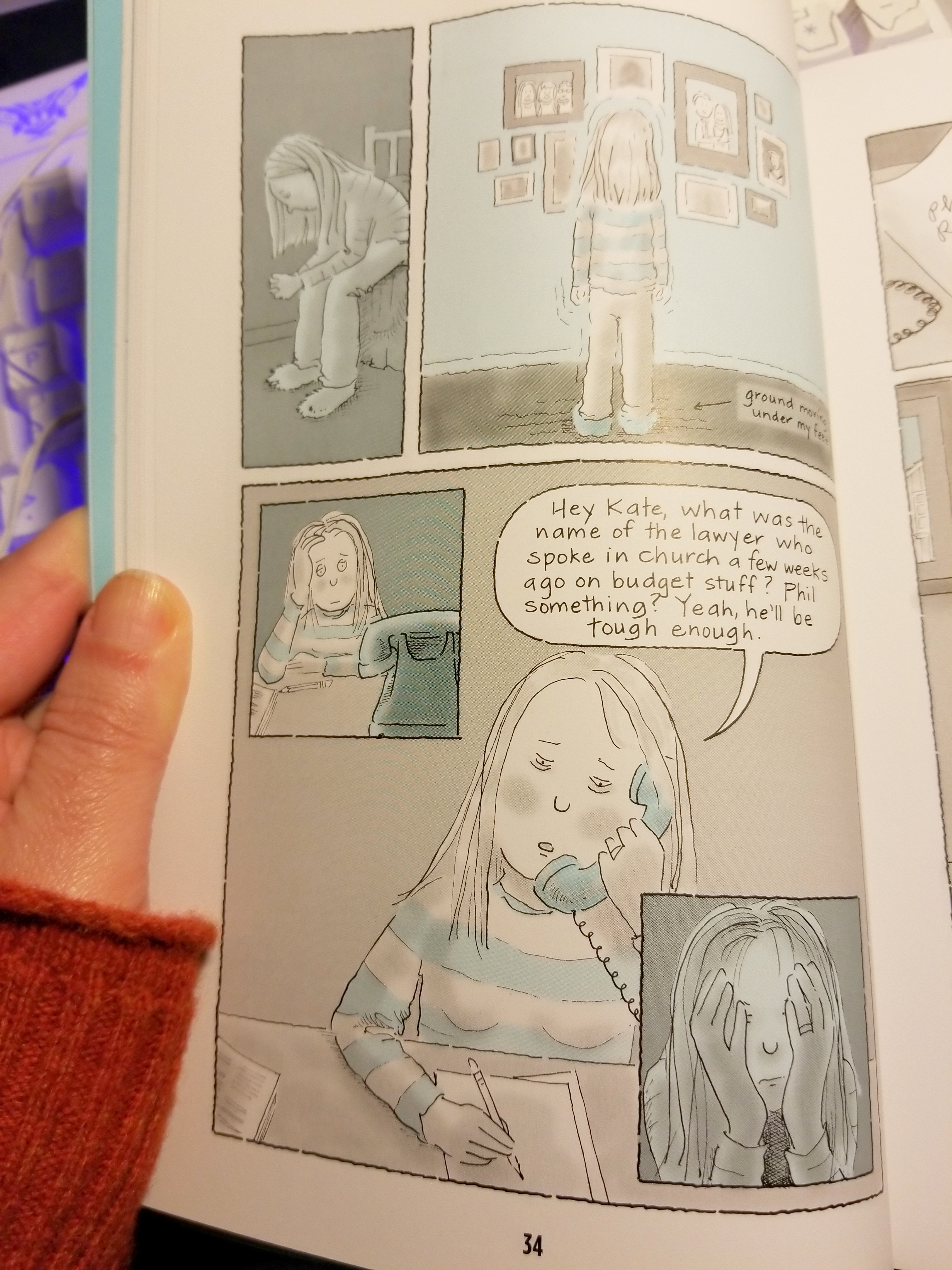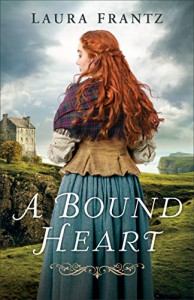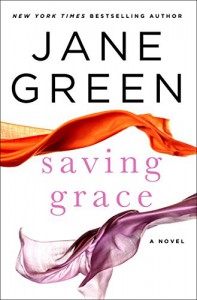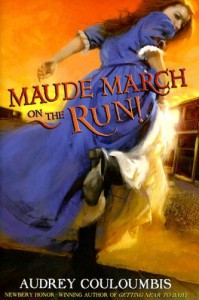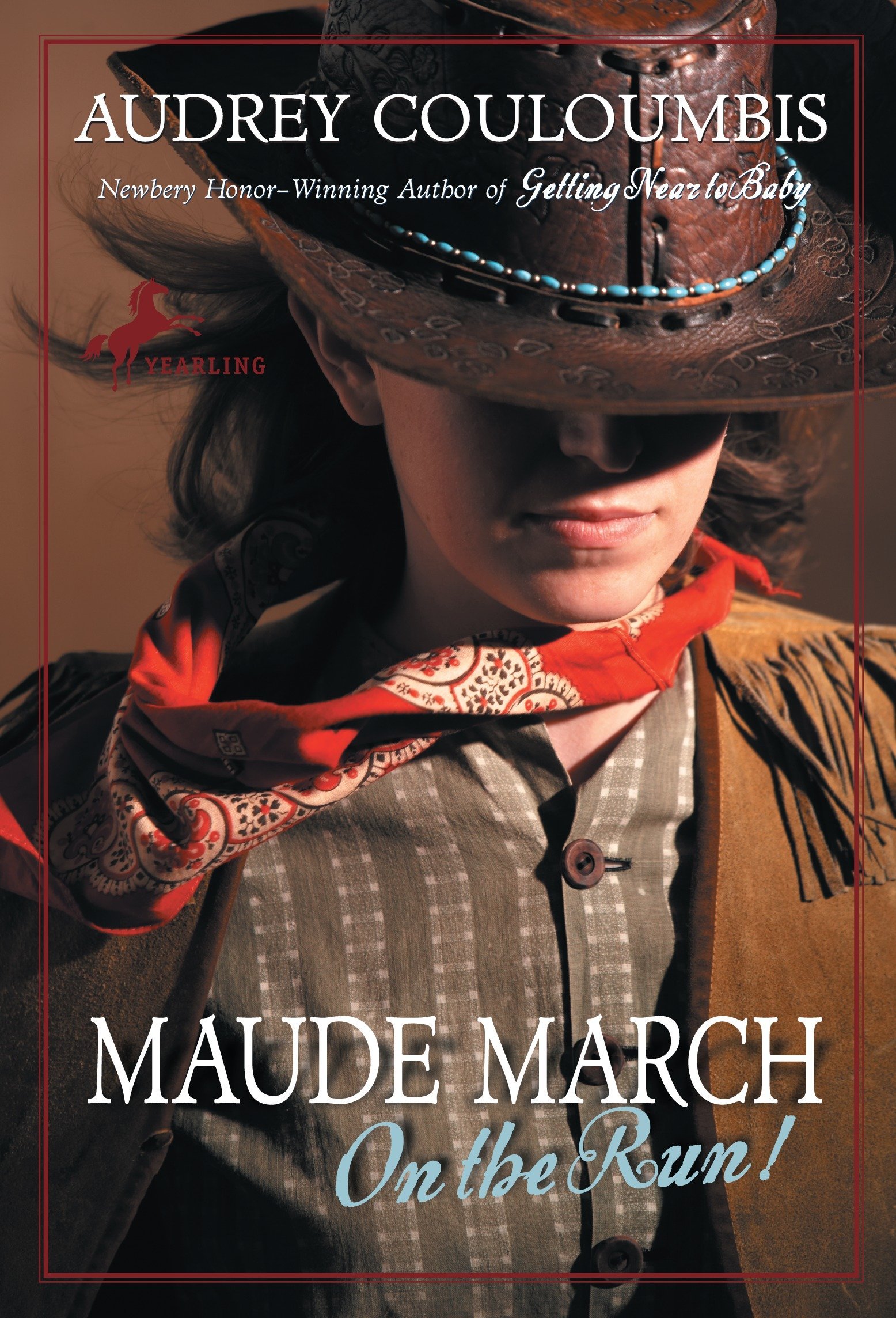

Coast Guard Officer Braeden Scott's life is all about freedom and adventure. Being assigned to a tiny Virginia coastal village is the last thing he wants. But thanks to a feisty redhead, he's soon discovering the charms of a small-town life. Amelia Duer is all about home and hearth. Taking care of others is her whole world. As Braeden spends more time with her and her nephew, his hopes for a family begin to resurface. Could Amelia prove to be the anchor this charming Coastie needs to stop wandering and create a home for good?
Amazon.com
NC based writer Lisa Carter places her Coast Guard centered romance in the small town of Kiptohanock, Virginia, where CG officer Braeden Scott gets stationed and quickly finds himself tangled up with feisty redhead Amelia Duer. Being a redhead myself, I had to chuckle at one point in the story where a comment is made about redheaded women in general being "insidious" LOL
He filled his lungs with the bracing sea air. Not so bad. Not the most exciting place he'd ever been quartered, but as long as he could hear the crash of the waves, he'd do fine...Braeden's first love, the sea, remained the only love in his life that hadn't let him down. Give Braeden his boat, the rhythm of the sea and, as one poet had phrased it, "a star to steer by," and he was good. Better than good. Women were trouble he didn't need in his life.
Amelia runs her father's charter fishing business since her father decided to take up part time work in a boat repair shop. Running the shop serves as a perfect excuse for Amelia to keep a close eye on her dad as he recovers from a recent heart attack. She grew up in the kind of family where her father never got the son he wanted, so he raised her as he would a boy, turning her into his "fishing buddy", as he liked to think of her. Developing that bond early on has served them well now as they move into the adult phase of parent-child friendship.
Braeden's first impression of her is that she's not terribly feminine but certainly admirably gutsy and "tough as a sea barnacle"... the type of compliment that wants to make you say, "Thanks.. I think...". When Braeden rents out a boat shed property without first informing Amelia, she ends up nearly taking him out with a harpoon! (A simple misunderstanding... you'll see.... )
Braeden loves a life full of adventure and wild experiences while Amelia is all about having stability and a home & community where she can firmly root. She has reasons for insisting on a firm home base: she lost her mother to cancer and her sister to a drunk driver, leading to Amelia becoming the guardian of her five year old nephew, Max, who is battling leukemia. Max's father is also in the Coast Guard... or at least was... his role in this story is sort of that of "deadbeat dad who abandoned the family".
Trying to do her best, Amelia is struggling with Max while he works this phase where he answers all her instructions with "you're not my real mom". There's added pressure on her since she took out loans against her father's business to cover the cost of Max's chemo treatments. Now finding herself unbelievably stressed out and deeply in debt, there's an added layer of tension since her remaining family members grow to see her as someone generally too salty to associate with.
While the arrival of Braeden is an unexpected upset to the routine at first, he proves to be a nice distraction from all the heavier dealings in Amelia's days. There IS something about him that she can't help but be drawn to, but thanks to the whole situation with Max's father, Amelia also happens to have a bit of a chip on her shoulder when it comes to Coast Guard fellas. Then there's the difference in faith between them -- While Amelia finds great comfort in fellowship, Braeden isn't much of a church-goer (but he has his reasons for being so).
Braeden unknowingly finds the ways to her heart ... largely by just being himself. He shows willingness to spend so much quality time with Max (such as teaching him how to swim), helping Amelia's sister, Beatrice aka "Honey" navigate out of her own Coast Guard romance gone sour, AND encourages Amelia to pursue art as a career, at the very least as a side gig. While she does love creating paintings of local seascapes and townspeople, Amelia has strong fears of taking her work public... but perhaps with Braeden's support to bolster her, anything is possible! It's also tough not to fall for a guy who insists on teaching the generation coming up about respecting women:
"Yeah, Mimi. Leave us guys alone." Max propped his hand on his small hip and jutted it, Honey-style. "We don't need you. Braeden's got this. Go away."
She blinked. Braeden frowned. He locked eyes with Max. "Let's you and me get one thing straight, Candidate Duer. Women are to be respected, cherished, and protected." Braeden threw Amelia a glance before his gaze returned to Max. "If I ever hear you disrespect your aunt Mimi or any other woman ever again, you can forget swim lessons or anything else from this Coastie."
The starch went out of her carrot-topped nephew. He drew a circle in the water with his toe. "Sorry, Mimi."
This is one well-balanced romance! It's part of Harlequin's "Love Inspired" line, so there are Christian themes mildly discussed within the plot, while also incorporating plenty of humor and warm & cuddly courtship scenes. Sometimes titles within this line tend to run a bit heavy on the sap but this one got it just right. To balance out the sweet, there are more serious topics woven in. Max's story as he battles leukemia has its bittersweet notes, but not to Afterschool Special levels. Still, that scene with Max getting attached to a Black Lab only to be told maybe a dog isn't a great idea, and him snapping back with "I'm gonna die anyway"... Kid put a chip in this heart of mine! Then there's the tough moments that circle Coast Guard life itself --- the blessings of ships ceremony where a bell is rung for each crew member lost to sea, and the intensity that builds around responding to mayday calls. It's all in here!
By story's close, the reader is left waiting to hear the results of Max's latest tests... but since he makes an appearance in Book 2, it looks like the prognosis is good!





 1
1














